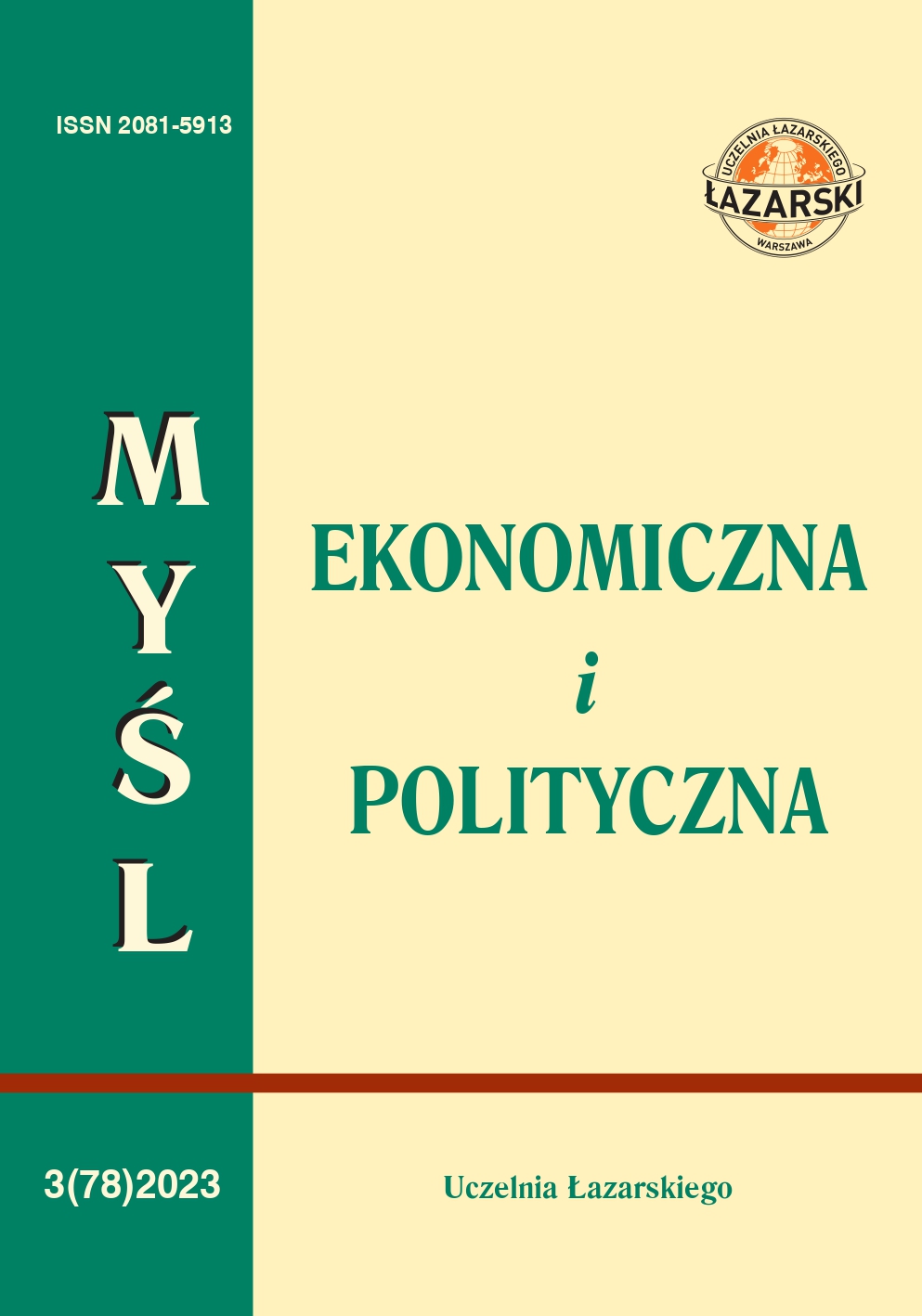Abstract
Trust-based Polish-German relations are also co-shaped by cooperation in the area of cross-border taxation. The most important document that constitutes the legal basis for tax cooperation is Agreement between the Federal Republic of Germany and the Republic of Poland for the avoidance of double taxation with respect to taxes on income and capital dated May 14, 2003. Nevertheless, the creation of effective mechanisms for the correct calculation of the tax base is also the result of years of bilateral agreements and understandings between representatives of public administration and ministries of Poland and Germany. Since the regulation of tax issues became the subject of intensive work at the forum of the European Union institutions, both countries have put forward initiatives to improve and reform the regulations proposed by the European Commission. Over the past 30 years, the scope of arrangements and agreements has not raised any major concerns, regardless of their formula – bilateral or multilateral. Cooperation has brought tangible benefits to both countries, generating more tax revenue than fighting fraud on its own. However, in recent years it is noticeable that different proposals have been made by representatives of Poland and Germany, which do not meet the approval of the other country’s government. They are the result of differences in approach to the process of counteracting the erosion of the tax base in the European Union. They do not cause a threat to the solutions already adopted, while the process of negotiating new EU regulations may in the future take into account particular economic interests to a greater extent than before.

This work is licensed under a Creative Commons Attribution-NonCommercial-ShareAlike 4.0 International License.
